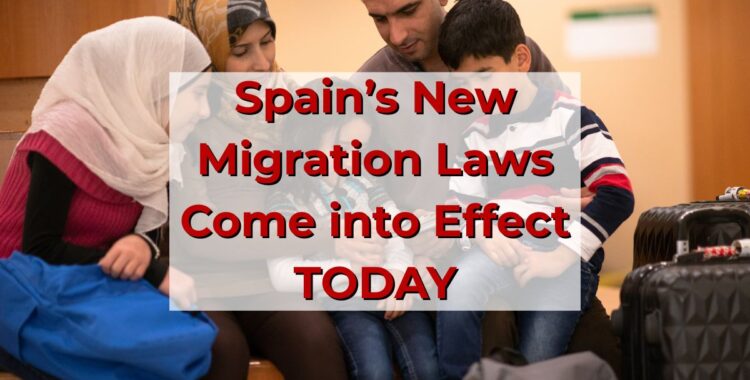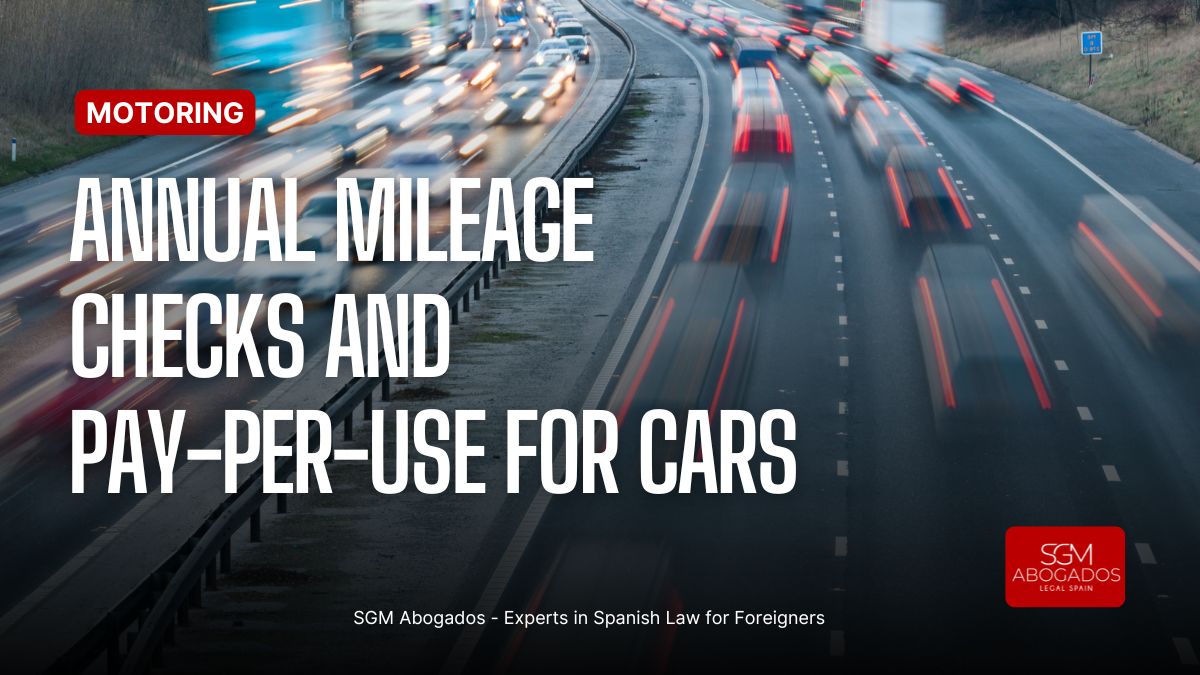New Immigration Law Takes Effect Today
Key Changes from May 20, 2025
As of today, May 20, 2025, Spain enacts a comprehensive reform of its immigration regulations, aiming to modernise procedures, facilitate integration, and address labour market needs. This reform introduces significant changes affecting students, workers, families, and undocumented migrants.
Streamlined Work Permits and Extended Validity
The new law simplifies the process for obtaining work permits:
Initial Work Permits: Now granted for one year, with renewals extending to four years (previously two years).
- Long-Term Residency: For applicants over 30, residency cards are now valid for 10 years, up from five.
- Self-Employment Flexibility: Holders of work permits can engage in freelance activities alongside their primary employment without needing an additional permit.
These changes aim to provide greater stability for foreign workers and reduce administrative burdens for employers.
Expanded Family Reunification Rights
Family reunification processes have been liberalised:
- New Five-Year Residence Permit: Available to non-EU family members of Spanish citizens, including spouses, children under 26, and parents. This permit grants automatic work rights.
- Broadened Eligibility: Unregistered partners who have cohabited for at least 12 months or share a child are now eligible.
These measures aim to strengthen family unity and integration within Spanish society.

Reformed Student Visa Regulations
Significant updates affect international students:
- Work Authorisation: Higher education students can now work up to 30 hours per week while studying.
- Permit Duration: Student residence permits will cover the entire duration of academic programs, eliminating the need for annual renewals.
- Application Process: Students enrolling in language courses must apply for visas through Spanish consulates in their home countries.
These changes aim to attract international talent and facilitate their transition into the Spanish workforce.
Simplified Regularisation through “Arraigo”
The “arraigo” system, allowing undocumented migrants to regularize their status, has been overhauled:
- Reduced Residency Requirement: The required continuous residence period in Spain has been reduced from three years to two.
- New Modalities: Five distinct pathways have been established, including social, family, and employment-based arraigo.
- No Employment Contract Needed: Applicants can now demonstrate sufficient financial means instead of providing a job offer.
These reforms aim to integrate long-term residents into the legal framework more efficiently.
Extended Jobseeker Visa Validity
The jobseeker visa has been extended:
- Validity Period: Now valid for one year, up from three months.
- Eligibility: Targeted towards specific groups, including descendants of Spanish citizens and applicants in government-approved sectors.
This extension provides applicants with a more reasonable timeframe to secure employment.
National Regularization Plan
Spain plans to regularise approximately 300,000 undocumented immigrants annually over the next three years. This initiative addresses labour shortages and aims to sustain the welfare state amidst an aging population.
At SGM Abogados, we are committed to guiding our clients through these significant changes. Our team is ready to assist with applications, provide legal advice, and ensure compliance with the new regulations.











